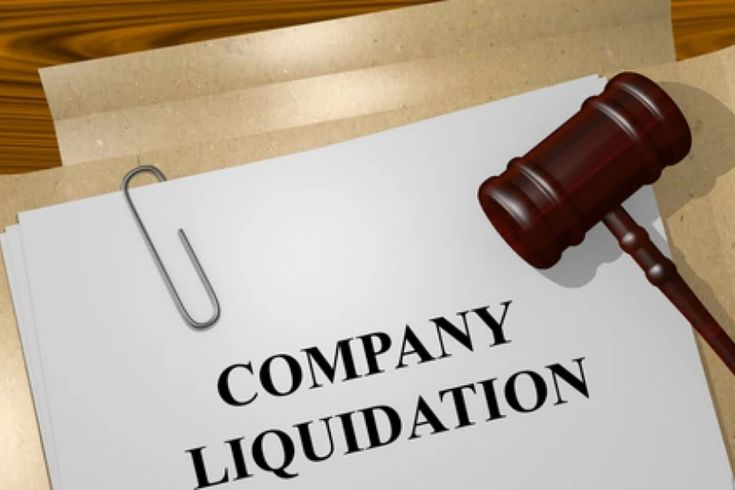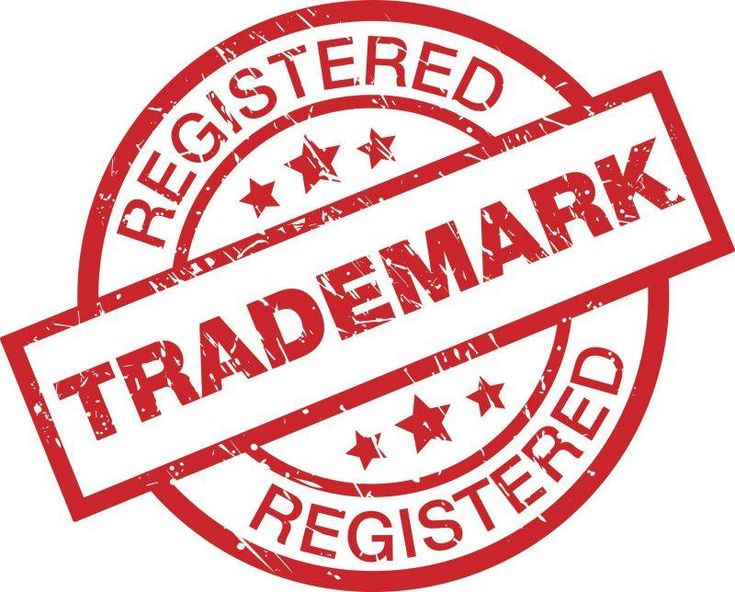Legal Procedures for Company Liquidation in Saudi Arabia

At times, businesses in Saudi Arabia face financial or strategic circumstances that require officially ending their operations. This process is known as “company liquidation” and involves legally settling obligations, paying debts, and distributing the remaining assets among shareholders or partners. In this article, we explain the types of liquidation, the legal steps involved, and the role of the liquidator under Saudi commercial law.
What Is Company Liquidation?
Company liquidation is a formal legal procedure that includes ceasing business operations, collecting receivables, settling debts, converting assets to cash, and distributing any remaining funds to partners or shareholders based on their ownership percentage as registered in the Commercial Register.
Types of Company Liquidation
- Voluntary Liquidation: Initiated by a shareholder resolution or the general assembly, typically for organizational or strategic reasons.
- Compulsory (Judicial) Liquidation: Ordered by a commercial court due to bankruptcy, severe legal violations, or losses exceeding 50% of the company’s capital.
Legal Steps for Liquidation in Saudi Arabia
- Resolution to Liquidate: Made by partners or the general assembly, then published in an official gazette and on the Ministry of Commerce platform.
- Appointing a Legal Liquidator: A lawyer or professional office is appointed to manage the liquidation process, with a clear scope and timeline.
- Notify Regulatory Authorities: Including the Ministry of Commerce, ZATCA (Zakat, Tax and Customs Authority), General Organization for Social Insurance (GOSI), and others.
- Settle Debts and Obligations: The liquidator pays off debts based on priority (e.g., employees, government agencies, suppliers).
- Sell Assets and Distribute Funds: Assets are liquidated and funds are distributed to shareholders according to their shares.
- Submit Final Liquidation Report: A detailed financial report is submitted to the relevant authority to close the company’s record.
- Cancel the Commercial Registration: The business is officially removed from the commercial register after completing all legal procedures.
Responsibilities of the Liquidator
- Manage the company’s financial affairs during liquidation.
- Represent the company before courts and regulatory bodies.
- Prepare final financial statements.
- Oversee asset sales and equitable distribution of funds.
- Protect the rights of creditors and partners.
Can Liquidation Be Contested?
Yes, any partner or creditor who is negatively affected by the liquidation process has the right to file an objection with the competent commercial court.
Important Legal Reminders
- The company may not continue any business activity after the liquidation decision.
- A liquidation announcement must be published in official newspapers.
- Partners remain liable until all obligations are fully settled.
Company liquidation in Saudi Arabia is a regulated legal process that must be handled with care and transparency. By appointing a qualified liquidator and complying with the legal requirements of the Ministry of Commerce and other authorities, businesses can close their operations in a secure and lawful manner, protecting all parties involved from future disputes or liabilities.




Comments